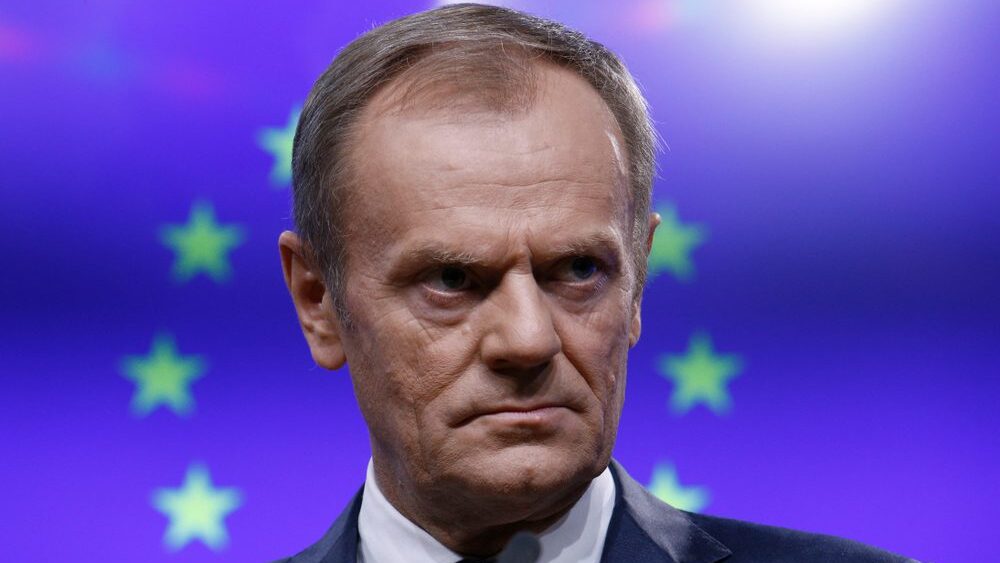
Donald Tusk
Photo: Alexandros Michailidis / Shutterstock.com
Poland’s primary opposition party Civic Platform (Platforma Obywatelska) has admitted to using AI technology to impersonate the voice of conservative PM Mateusz Morawiecki in a TV campaign ad that aired last week.
So-called ‘deep fakes’ are a major concern for European lawmakers with fears that elections in the near future may be hijacked by sinister outside forces or authoritarian regimes. Despite this, the use of AI technology by Civic Platform to fake a political rival’s voice does not seem to perturb the EU establishment or NGO sector who have not condemned the fabrication of the PM’s voice.
In the all-important elections, scheduled for October 15th, Warsaw’s governing Law and Justice party (Prawo i Sprawiedliwość or PiS) will seek to fend off electoral challenges from both the left and the right. PiS’ road to securing its third consecutive term faces vociferous international pressure from the Brussels establishment as former European Council President Donald Tusk returns to national politics to lead the liberal Civic Platform party.
The campaign is stepping up a gear with Civic Platform airing a TV ad featuring an AI-generated voice, mimicking that of Law and Justice PM Mateusz Morawiecki, outlining internal disunity within his party which consists of a coalition of right-wing groups.
Jak tak naprawdę wyglądają relacje w „zjednoczonej” prawicy? Przekonajcie się sami! #MailePrawdy pic.twitter.com/ehytYIqwKf
— PlatformaObywatelska (@Platforma_org) August 24, 2023
After the deep fake was spotted by numerous Twitter users, Civic Platform took to their official social media accounts to admit to the use of AI voice generation.
The EU is rowing in hard behind the Europhile Civic Platform in an attempt to dislodge Law and Justice. The EU Commission has been repeatedly harassing Warsaw in recent years over the rule of law disputes and allegations that Poland is embracing its own form of right-wing authoritarianism.
In the context of Poland’s militant support for Ukraine and a grain crisis caused by the war, Law and Justice has focused its campaign rhetoric heavily on migration. The party is promising a national referendum on the controversial EU migration pact to coincide with the election, as it grapples with the rapid rise of a new nationalist electoral force in the form of the Confederation (Konfederacja) party.
Opinion polls show Law and Justice with a healthy six-point lead two months before the election as it mounts a legal challenge against EU climate diktats based on the fact its national energy security is being negatively affected.
While remaining quiet on the use of a deep fake by the Europhile opposition in Poland, the EU is anxious about the use of the technology during next year’s 2024 elections, even producing a policy paper imploring national governments to clamp down on the phenomenon.
Brussels beefed up its regulatory powers over Big Tech firms last week as the European Digital Services Act came into full effect. The DSA stipulates that major platforms must enforce EU hate speech mandates and conform to both EU and national regulators.
